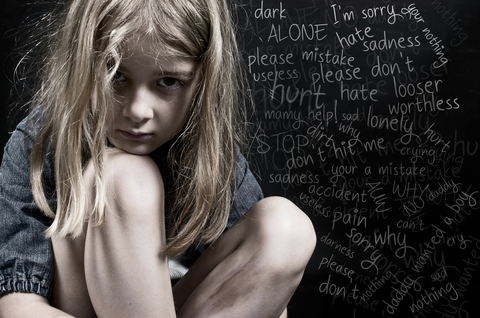Emotional abuse is not always easily recognised because of how subtle it can be. It is often passed off as something else, but it is an extremely damaging mistreatment that affects your overall well-being. Emotional abuse occurs in various environments, and unfortunately, school is one of them. Parents send their children to school for knowledge and growth, but these children sometimes fall into the hands of teachers who engage in emotionally abusive behaviour. Being able to recognise when your child is being emotionally abused is important, which is why we are exploring the signs of emotional abuse and the steps to take if you suspect it.
What Is Emotional Abuse?
Before diving into the steps, we must first understand what it means to be abused emotionally. Emotional abuse is a mistreatment that involves non-physical behaviours. It is when someone manipulates, intimidates, or belittles someone else. In the classroom, emotionally abusive behaviours include persistent criticism, humiliation, or the teacher neglecting students.
Someone who is emotionally abusive may try to act like they are giving constructive criticism or blame the victim for overreacting and being overly sensitive. However, emotional abuse aims to harm a person’s self-esteem. Emotional abuse is just as damaging as other forms of abuse, as it can lead to long-term psychological scars.

Signs of an Emotionally Abusive Teacher
To be able to help students who are suffering from emotional abuse, you must be able to recognise the signs. Therefore, we will look at eight signs that indicate a teacher may be emotionally abusive.
1. Public Humiliation: If a teacher consistently humiliates students in front of their peers, they may be emotionally abusive. This typically happens when they seek to embarrass them through sarcastic remarks or comments that highlight their mistakes, which affects their self-esteem.
2. Favouritism and Exclusion: When teachers consistently show favouritism and deliberately exclude other students, which leads to feelings of inadequacy.
3. Unreasonable Expectations: Teachers deliberately set goals that are highly unattainable and then berate students for not achieving them, causing their confidence and motivation to decrease.
4. Invalidating Emotions: Teachers prefer to dismiss or mock the emotions of students rather than show empathy, which leads to students feeling unimportant.
5. Unwarranted Criticism: If a teacher is only focused on the flaws and mistakes made by a student and consistently criticises the student. This can have a damaging impact on the student’s sense of self-worth.
6. Control Through Fear: A teacher who seeks to control students by making them feel afraid through intimidation tactics affects the student’s mental health. Tactics that are often used include consistently yelling at or threatening the student.
7. Isolation: A teacher forces a student to sit alone or exclude them from class activities. This leads to the student feeling rejected and lonely.
8. Gaslighting: When a teacher manipulates students by denying comments or events that upset them, causing them to question their perceptions.

Effects of Emotional Abuse on Students
Students who suffer from emotional abuse from their teachers are affected in multiple ways. The impacts not only hinder their academic performance but also their growth and overall well-being. Some of the most common effects of emotional abuse include:
1. Low Self-Esteem: When students are consistently criticised for their mistakes, it can lead to them feeling worthless.
2. Anxiety and Depression: When the classroom has become a toxic environment, students may develop anxiety and depression.
3. Poor Academic Performance: Students who battle with emotional distress that stems from school will have poor academic performances.
4. Social Withdrawal: Victims of emotional abuse often isolate themselves, which means students may avoid interacting with anyone.
5. Long-Term Trauma: Victims of emotional abuse can suffer long-term as the effects continue to impact their careers and personal relationships.

What to Do If You Suspect Emotional Abuse
If you suspect that a student is suffering from emotional abuse from their teacher, there are several things you can do to assist.
1. Document Incidents: Record the abuse and keep clear details of it so that you have proof of the incident.
2. Communicate: Whether you are a student or parent, speak to school officials about the matter.
3. Report the Abuse: When the abuse is severe, report the incident to the higher authorities.
4. Seek Support: Help the victim by encouraging them to speak to a counsellor or therapist for emotional support and advice.

